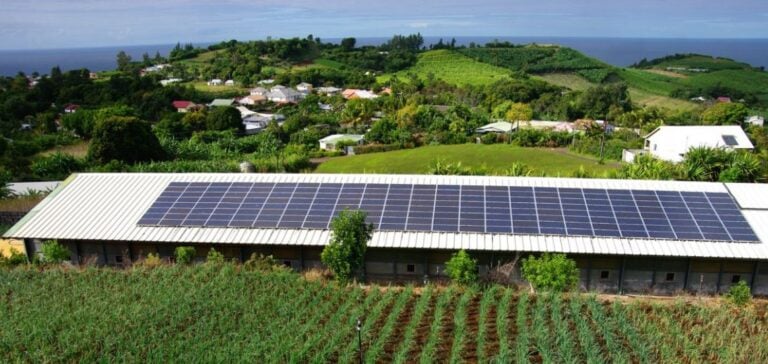In the wake of France charting its course towards energy transition, and in view of the 2015 Energy Transition Act, Guadeloupe has set itself ambitious targets to achieve energy autonomy by 2030. But getting them right is a challenge. On Tuesday, March 12, 2024, the Economic, Social and Environmental Council (CESE) issued an opinion on the form that “energy transitions” should take in overseas France. Cese reveals the complexity of achieving energy independence in Guadeloupe, and points out that the target date will be “difficult to reach”, or even that “these objectives will be missed depending on the territory [ultramarins]”.
Guadeloupe has embarked on a major transformation of its energy mix, moving from dependence on fossil fuels to diversification towards renewable energies. This transition is being driven by legislation aimed at reducing carbon emissions and promoting environmental sustainability, particularly in the French overseas territories.
Advances and obstacles
Despite significant progress, achieving energy autonomy is far from straightforward. Guadeloupe faces a number of major challenges that stand in the way of achieving its ambitious goals.
Aware of the advantages of using clean, low-carbon energies, Guadeloupe is aiming to double its electricity production from geothermal energy. However, the development of energy projects on the ground is encountering significant delays, putting the brakes on aspirations for autonomy. For example, the gestation process for geothermal energy can take up to 10 years, considerably delaying the implementation of initiatives.
In addition to the slowness of projects, the island nicknamed “l’île aux belles eaux” (the island of beautiful waters) has to contend with land and regulatory constraints. As in the majority of overseas territories, where land is a major issue, Guadeloupe lacks space for the deployment of wind and photovoltaic infrastructures. What’s more, these projects require building permits and must be connected to the electricity grid, which adds regulatory complications.
Towards a Complete Transition
Although Guadeloupe faces considerable challenges, its determination to achieve energy autonomy is clear. It is reminiscent of France’s desire for energy independence. To realize this vision, we need to overcome current obstacles and work together at both local and national levels. For the CESE, “a strong mobilization of both the State and local authorities” is required. Indeed, the energy transition requires a holistic approach, involving not only local authorities and businesses, but also the active participation of citizens. Together, the various players must commit to working together in a coherent, coordinated way. This means implementing effective policies, strengthening infrastructures, encouraging technological innovation and raising public awareness of energy issues.
Despite the challenges, it’s clear that Guadeloupe has set itself ambitious targets and is determined to embark on a more sustainable energy transition, demonstrating its commitment to a cleaner energy future.






















